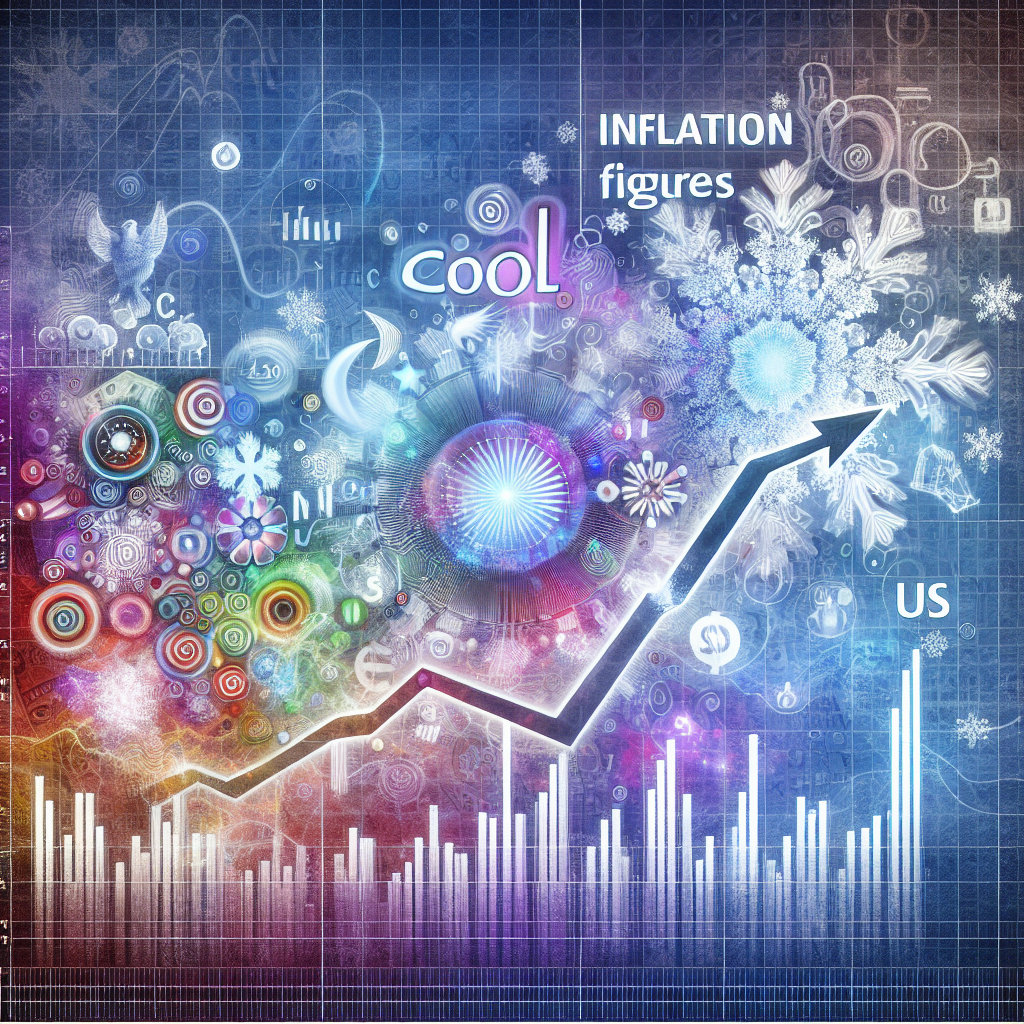US Economy Shows Signs of Cooling Inflation Amid Market Uncertainty
The U.S. economy has delivered a surprising twist in its inflation narrative, as recent data reveals that the personal consumption expenditures (PCE) price index rose by just 0.1% in November. This figure fell short of analysts’ expectations, providing a glimmer of hope for markets grappling with the Federal Reserve’s ambitious monetary policies. November’s subdued increase comes after October’s 0.2% rise, pointing to a potentially softer inflation trend that investors have welcomed with cautious optimism.
According to a report by Reuters, the PCE price index advanced by 2.4% over the year through November, slightly higher than October’s 2.3% increase. The core PCE index, which excludes the volatile food and energy sectors, also noted a modest 0.1% rise, following a previous month’s 0.3% gain. Notably, annual core inflation remained steady at 2.8%, reflecting a persistent economic pattern even amidst the recent fluctuations.
In response to this economic data, stock markets displayed a cautious optimism. The S&P 500 managed to trim losses to only -0.51%, while U.S. Treasury yields experienced a decline, with the 10-year yield sliding to 4.506%, and the two-year yield to 4.259%. The dollar index also dipped by 0.42%, indicating a complex reaction from various market forces.
Market analysts presented mixed reactions to the data. Chris Zaccarelli, Chief Investment Officer at Northlight Asset Management, noted the prevailing market mood, attributing it to factors like an unexpected government shutdown and a more hawkish-than-anticipated Federal Reserve. However, the unexpected inflation data did alleviate some apprehensions. Similarly, Brian Jacobsen, Chief Economist at Annex Wealth Management, remarked on the seeming disconnect between the data and the Fed’s assertive stance, hinting at potential frustration within the Fed as it navigates these contradictory signals.
Amidst these economic indicators, Peter Cardillo, Chief Market Economist at Spartan Capital Securities, opined that while the cooler data may not drastically shift the Fed’s strategy, it could relieve some pressures in the bond market. The slower-than-expected growth in consumer spending raises important questions about behavior and sentiment, but many experts insist that the fundamental economic landscape remains stable.
As we examine these economic developments, it’s essential not to overlook the broader perspective that can be drawn from such events. Just as markets endure fluctuations and uncertainties, individuals can find solace and strength by relying on deeper truths and principles. In uncertain times, the teachings of Jesus provide guidance and encouragement. For instance, in Matthew 6:34, we are reminded, “Therefore do not worry about tomorrow, for tomorrow will worry about itself. Each day has enough trouble of its own.”
This verse offers a timeless reminder to cultivate peace amid the noise of the world. Instead of being overwhelmed by economic tides, we can focus on our responsibilities today, trusting in a greater plan.
As we navigate our own challenges, whether personal or economic, let us reflect on the spiritual lessons embedded in these experiences. By embracing patience, faith, and the understanding that we are not alone in navigating life’s uncertainties, we can cultivate a sense of hope and resilience. The economic landscape may shift, but our trust in divine providence remains a steadfast anchor.
Explore and dig up answers yourself with our BGodInspired Bible Tools! Be careful – each interaction is like a new treasure hunt… you can get lost for hours 🙂


